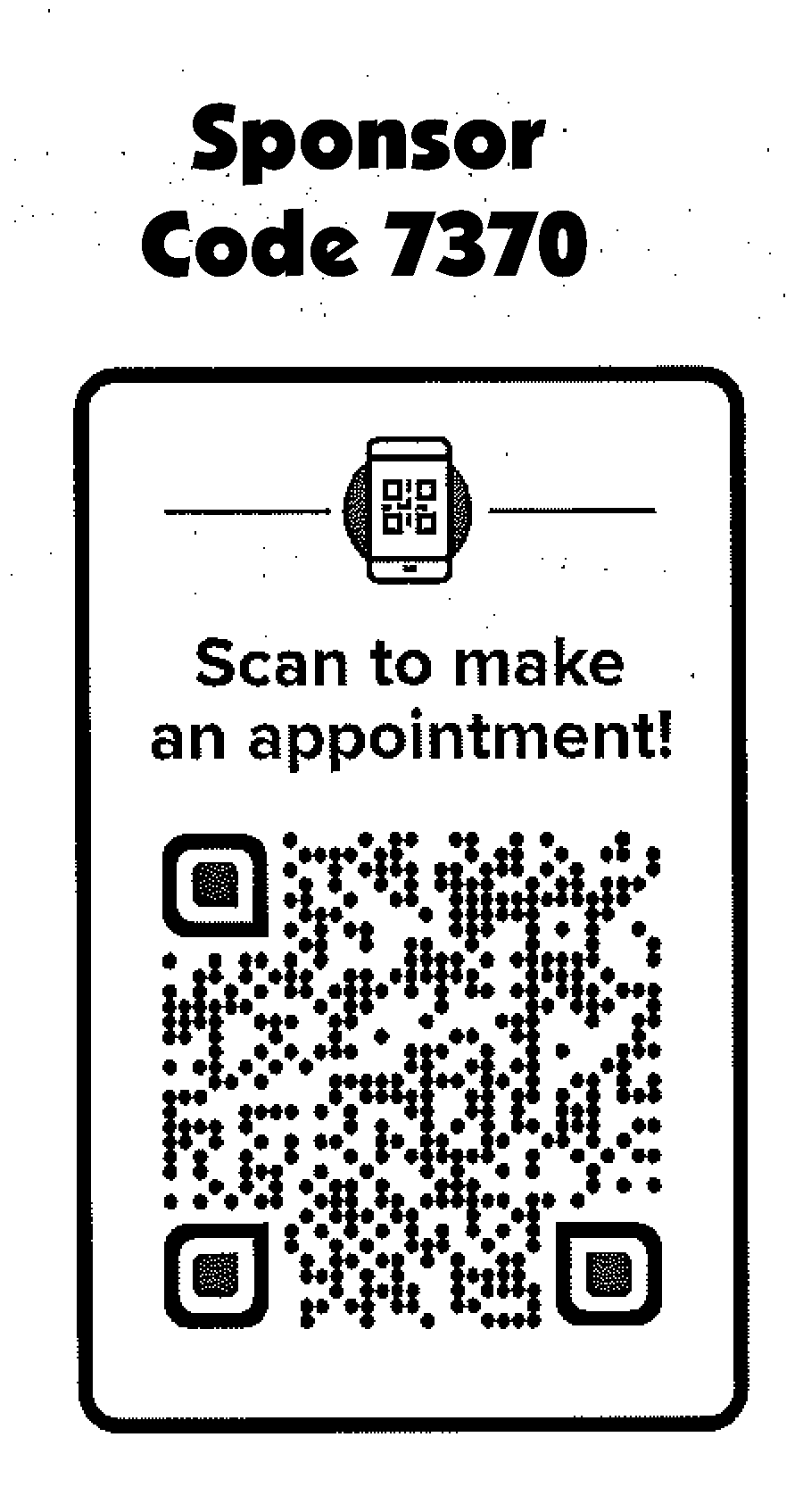The Blood Connection (TBC), the community blood center directly serving the Carolinas and Georgia, is experiencing a never-before-seen critical need for blood, which if prolonged could negatively impact patients in local hospitals. This event is unlike any other in TBC history; TBC is projecting to collect 40% less than what hospitals need in the next 30 days.
To help address the problem, the Dillon County Sheriff’s Office has scheduled a blood drive for January 28th from 9:00 a.m.-2:00 p.m. at the Sheriff’s Office at 1033 Old Latta Highway, Dillon. To make an appointment, scan the QR code.

After a national plea was released recently, The Blood Connection is echoing a similar crisis-mode message to this community. The magnitude of this issue is not just a national problem, it’s a community problem. The critically low blood supply is affecting local hospital orders, meaning it will also affect hospital patients. TBC is the primary blood provider for the majority of hospitals between Florence and the Grand Strand, and more than 80 hospitals across South Carolina, North Carolina, and Georgia. The only way to solve this problem is to get more blood donations but more importantly – more blood drives. Businesses, churches, and schools must host blood drives for this crisis to be resolved. Call 864-255-5003 to host a blood drive.
TBC has experienced historically low blood donor turnout for roughly ten months. Coupled now with blood drive cancelations due to a spike in COVID-19 cases, and a further decline in donor turnout, TBC is now on the verge of a blood emergency.
Ideally, The Blood Connection targets a 5–7-day inventory of every blood type to ensure hospital needs are met. Due to this historic situation, TBC’s inventory levels are changing day-by-day, but have remained low.
As this community’s blood center, donating blood with TBC directly affects the communities where donors live and work. Patients and hospitals across the region rely on generous blood donors to ensure units of blood are available for emergency situations and for routine procedures. Blood cannot be replicated and must come from a human. Every hospital order has a patient attached to it – someone in the community who desperately needs those blood products.
Chris Rains, a Greer, South Carolina resident, is one of those people. After an accident on Interstate 85 in April of 2015, Rains was pinned inside his truck, and he lost his leg. He was rushed to Spartanburg Regional Healthcare System, where he received several units of blood to save his life. Now, he is a passionate supporter of blood donation and The Blood Connection, using his voice to share the importance of blood donation in the community.
“You never know when it could be a family member that has a bad day driving on the highway,” Rains said. “There is a lot of different ways that you could come about needing blood transfusions, so just think about your family; think about you. You never know, it could be you.”
TBC is calling on community members to make an appointment to donate blood now and encourage friends and family to do the same. The Blood Connection has multiple centers and blood mobiles open every day. TBC also needs more places to host blood drives. Donors can find convenient blood drives near them by going to thebloodconnection.org/donate. As a thank you to all donors who respond to this urgent plea, The Blood Connection is offering a variety of incentives and bonus eGift cards for those who donate soon. Donors can find upcoming promotions and bonus opportunities by following The Blood Connection on Facebook and other social media sites.
About The
Blood Connection
Founded in Greenville, SC, The Blood Connection has been committed to saving lives since 1962. TBC is an independently managed, not-for-profit, community blood center that provides blood products to more than 80 hospitals within Georgia, South Carolina, and North Carolina. Recognized by the U.S. Congress for its dedication to disaster preparedness and the community, TBC works diligently to collect blood from volunteer donors to meet the ever-increasing demand. By keeping collections local, TBC serves hundreds of thousands of patients a year in its communities. TBC is licensed and regulated by the U.S. Food and Drug Administration. For more information, visit thebloodconnection.org.








